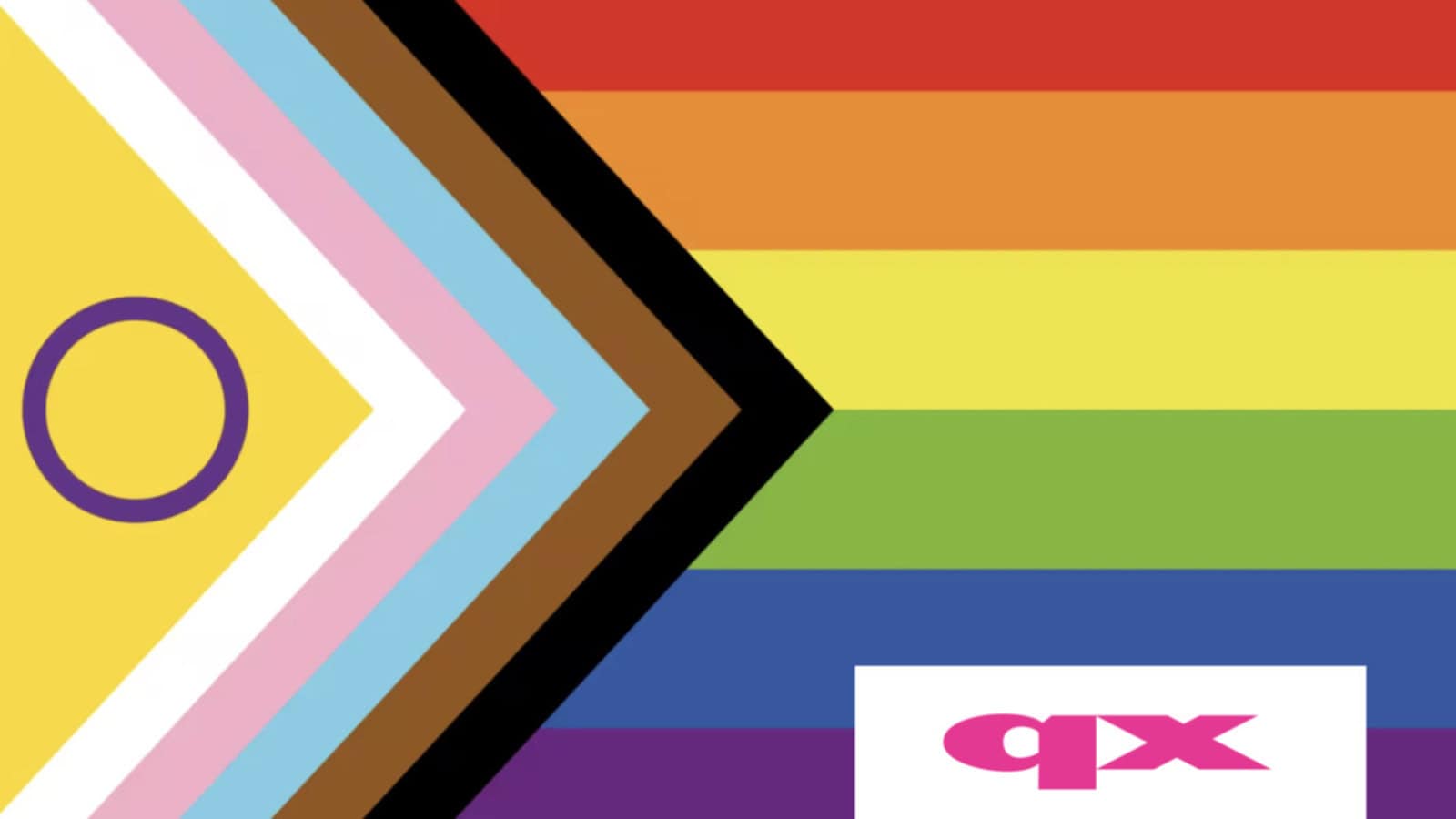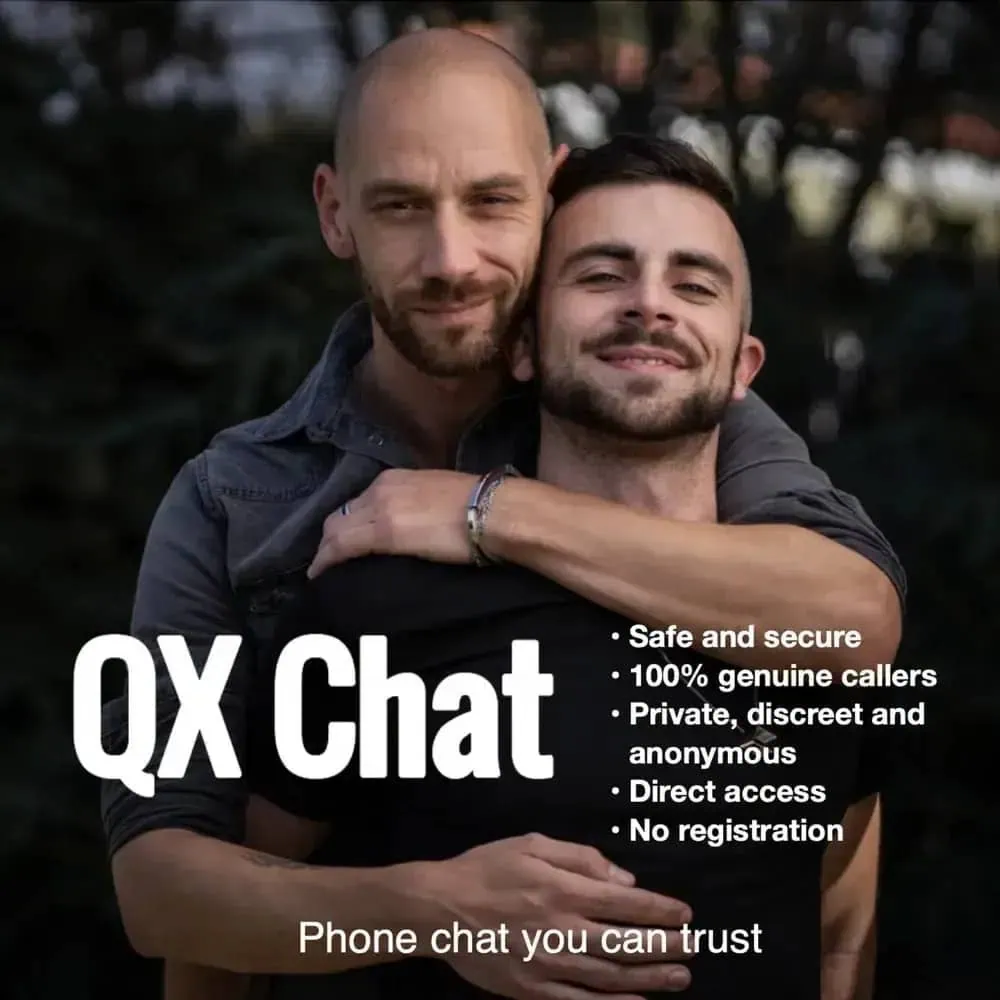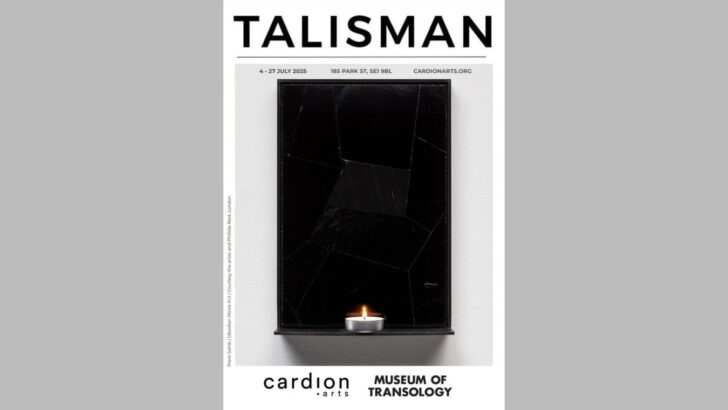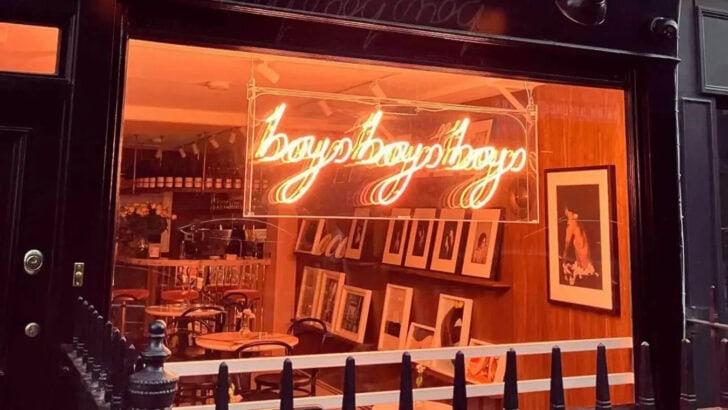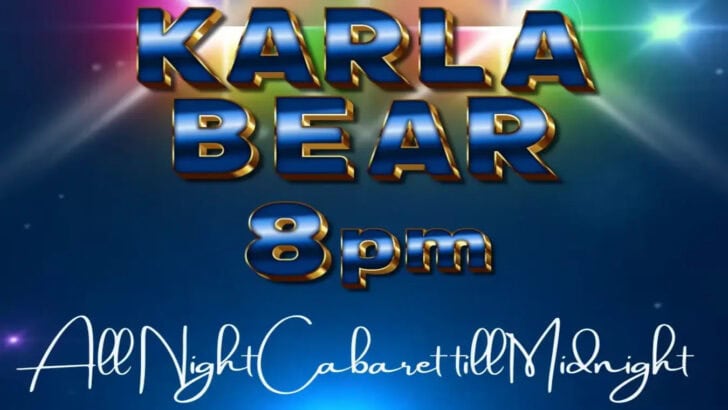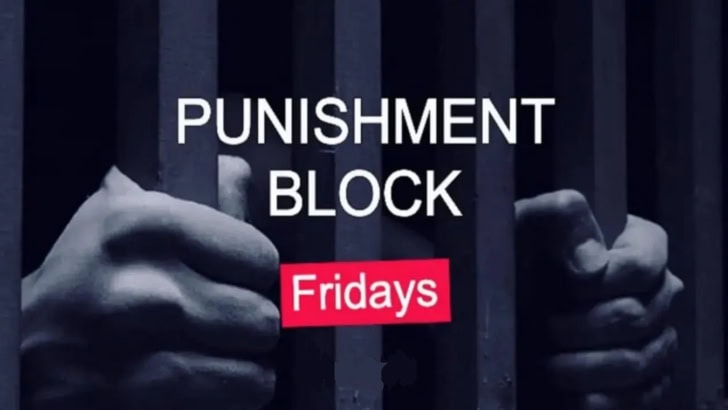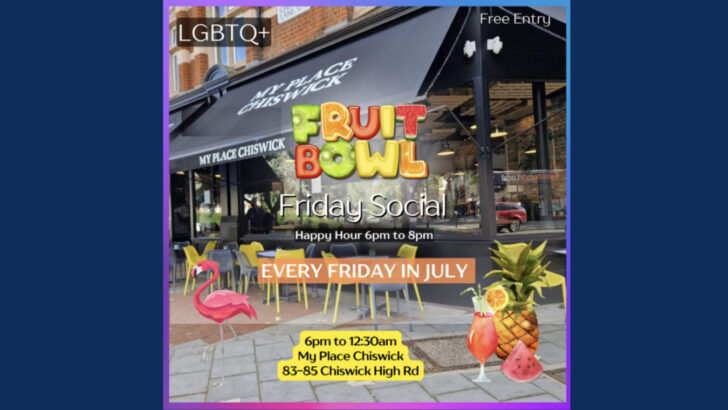On Tuesday 5th February, MPs will vote on Gay Marriage. It is perhaps the single most important issue to affect the UK’s LGBT community this year. Whether the idea of gay marriage is something that actually has any relevance to you now, or your future relationships, Cliff Joannou argues that it’s importance to us all cannot be taken for granted…
I couldn’t be further from a gay marriage if you stuck me on a rocket ship and sent me to the moon. In fact, as many of my friends may tell you, you’ll be seeing a fair few more EastEnders Christmas specials before you ever see me walk down the aisle. (As other friends may also tell you, that white wedding dress is looking decidedly muddied and tattered right now.)
But just because the issue of gay marriage doesn’t actually apply to my current status quo, it doesn’t mean I don’t understand how incredibly important this is to our community.
For years, gay relationships were deemed illegal, conducted in secret and behind closed doors. After the decriminalisation of homosexuality in 1967, the early formations of a more visible gay community began to appear.
By 1972, we were marching en masse with Pride, demanding further rights and equalities – in employment, in social justice, and beyond. Over the years, hard fought battles were won: the age of consent was lowered; Section 28 was dropped; Civil Partnerships were introduced. With each change of the law, society became more tolerant.
While society does indeed often dictate the direction our politicians move their ideologies in with a view to those Parliamentarians winning votes, in many cases it is only after these policies are enshrined as legally recognised that wider society changes its opinions on what was once taboo.
If you asked the general populace about its views on the equal age of consent or whether they agreed with Civil Partnerships, the answers you will receive today will certainly be more accepting and favourable than the more homophobic attitudes of the early ‘90s.
“It would be the greatest, single most powerful win for the fight against anti-gay sentiment that could ever be gained.”
The message of gay marriage is more than a simple case of your best mates getting hitched and throwing a big party. It’s a hugely important issue of acceptance that will have a profound affect on generations of LGBT people for years to come.
The majority of us were raised in a culture where gay relationships were either frowned upon, or even plainly illegal for the older members of our community. Should gay marriage be given legal recognition, generations of young and unborn LGBT children will grow up in a world where their future relationships are officially – and eventually, socially – acceptable.
It’s the greatest, single most powerful win for the fight against gay bullying and childhood anti-gay sentiment that could ever be gained.
Yet, despite the good it will bring, gay marriage is being likened to the end of civilisation by the Christian Right. Oh yes, it’s not Katie Price’s latest whirlwind marriage to her stripper lover that will encourage the oncoming apocalypse.
Nor will the widely reported eleven year affair that MP Bob Blackman conducted with another Tory councillor bring shame on this holiest of institutions. (Blackman who had previously claimed marriage could only work between “one man and one woman”.) But the end is nigh because gay marriage will see the union of two men, or women, who love each other.
But what right do Christians have to lay claim to the ownership of marriage in any case? For it is certainly not a Christian creation. The idea of a union between people has existed long before the invention of the Bible (the first recorded evidence of marriage dates back over 4,000 years to Mesopotamia – before said Bible and its stories of King Solomon and his 700 wives and 300 concubines).
Are these same Christians staking ownership of marriage over China, Asia and Africa? These civilizations also featured the custom in their cultures long before the Christian bandwagon came along. There is even evidence of ‘male-bonding ceremonies’ conducted in churches across the Mediterranean right up to the 13th century, until the Byzantine Emperor Andronicus II declared such ceremonies to be unchristian.
Not to mention the fact that the current notion of romantic love that Christians espouse is a recent one, popularised only since the 19th century. Prior to that, arranged marriages were the norm.
Indeed, for centuries marriage was only ever a necessary transaction founded in the need to lay claim over wealth and power, or to continue lineage. And before the women’s rights movement, marriage was also used as a way to subordinate a woman under the control of a man.
It wasn’t until said feminist movement that wives began to gain an equal position in the marriage, with many now deemed to be ‘wearing the trousers’.
So, let’s dispense with the puerile arguments of hate-filled Christians and move forward from the ridiculous notion that gay marriage is the impending end to society as we know it. It’s simply about equality.
And beyond that, it’s also about love and commitment, should you choose to formalise your union in the eyes of the law. The idea of marriage, of committing yourself legally and spiritually to another person, might not be for everyone, but it most certainly should be the option for everyone if they so choose it.
• Please help make Gay Marriage a reality by emailing your MP before 5th February. You can find your local MP by copying and pasting the following address into your browser – findyourmp.parliament.uk
